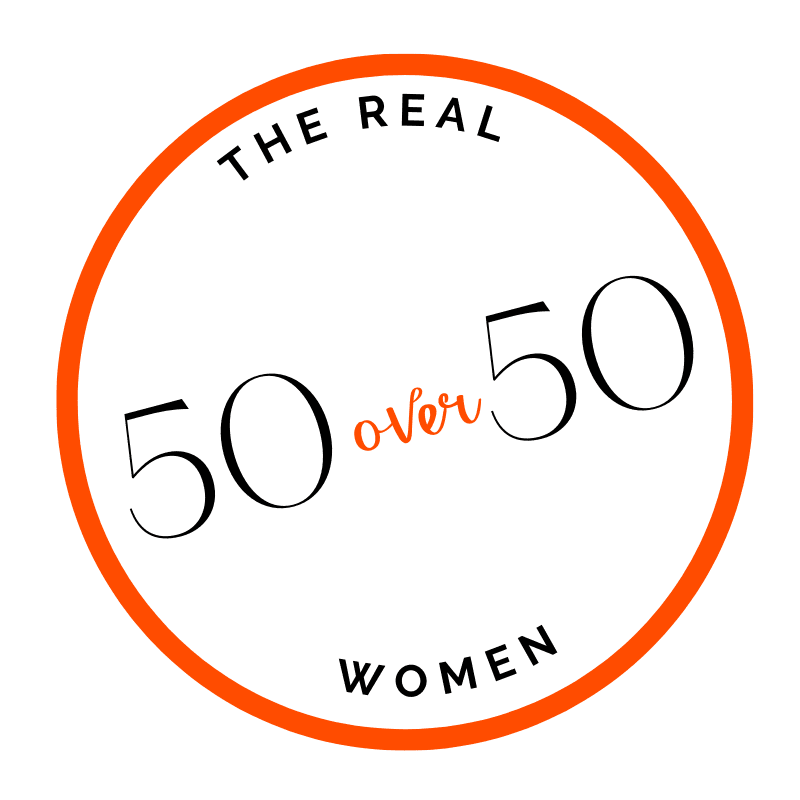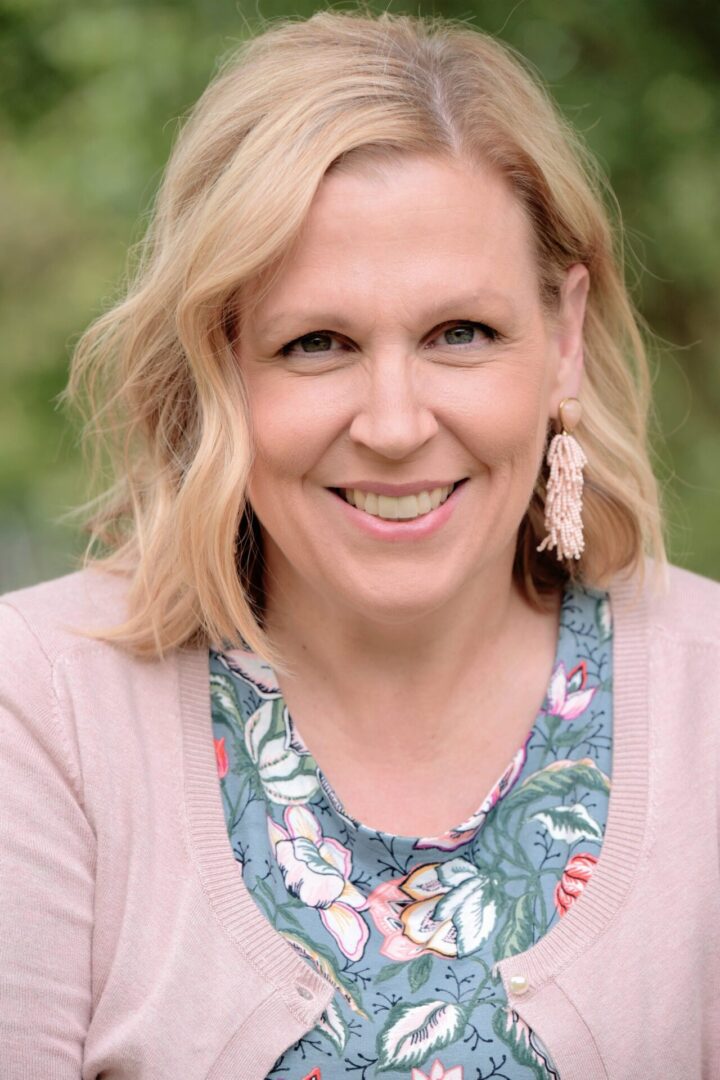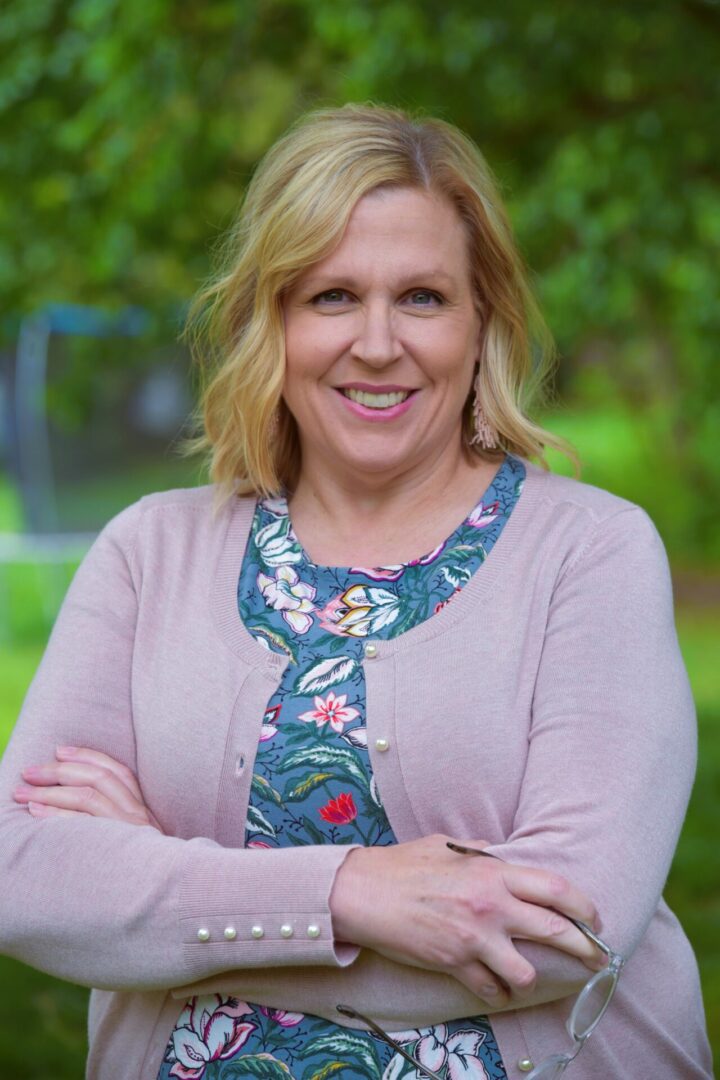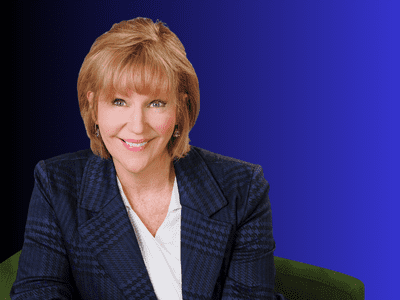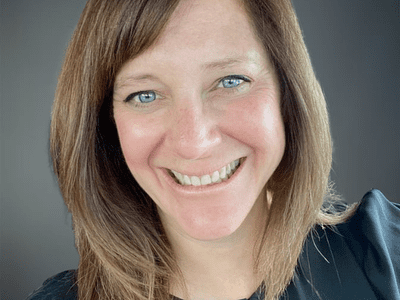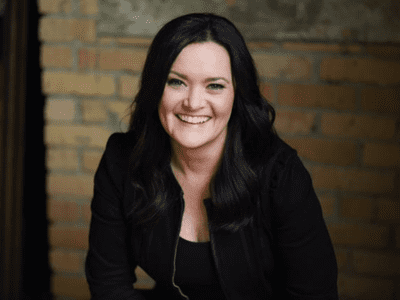About me
Dr. Amy Hoyt founded Mending Trauma, an online mental health platform focusing exclusively on trauma recovery, in 2021 after a twenty-year career in academia. Dr. Hoyt is certified in Traumatic Stress Studies by the Trauma Research Foundation. She is an author, podcaster, and speaker and is passionate about helping others learn to break free from the chains of past trauma using research and science.
After overcoming complex childhood trauma, domestic violence and addiction by the time she was in her mid-twenties, Amy decided to go to college and get a degree. Three graduate degrees later and years of research looking at trauma, agency, and forgiveness, Dr. Hoyt realized her true love was helping people understand that there is hope after trauma.
Dr. Hoyt is also mom of five children, three who have special needs. She lives in the Ozark mountains with her family and loves to watch the fireflies from her front porch during the summer.
What do you do and why do you do it?
I founded a mental health company that specializes in helping people recover from trauma in 2021. I founded the company because I did not find significant relief from my own trauma until I used the tools that I found through research; my talk therapists didn’t point me towards them. I began to dig into the research and found that other tools, such as somatic therapy, EMDR, and creative movement, have been shown to be equally or more effective than talk therapy when it comes to trauma. I wanted others to know what took me a lifetime to figure out- recovering from trauma cannot happen through talking alone. It is a complex issue that needs to be addressed using multiple tools.
Before founding Mending Trauma, I was a professor. I had spent years teaching and researching women’s agency after trauma and felt compelled to help others understand more about overcoming trauma. Mainly, that there is hope.
There is another reason I founded Mending Trauma. I grew up in a house that was equally loving and violent. There was also sexual abuse. As a teenager I tried different things to cope. After an unsuccessful suicide attempt when I was 15, I turned to drinking every day. When I was 18, I went to a rehabilitation center and understood that I had been raised in an abusive and sick family. A few years after I got sober, I found myself married to a violent man. After my husband made an attempt on my life, I started to attend a support group for battered women. This was my first hint that trauma in childhood led to long-term patterns and generational trauma. I left my husband and decided I need a new plan.
I decided to attend college. I received a BA in Women’s Studies, an MS in Women’s Studies, an MA in Religious Studies, and a PhD in Women’s Studies in Religion. After graduation I focused my research on women’s agency, trauma and forgiveness in North America and Africa. I had a twenty-year academic career in which I studied national conflict, war, apartheid, domestic violence and many subjects that are all tied to trauma. I was obsessed with understanding how women’s agency, or free will, is affected by trauma.
Two years ago, I decided that I wanted to work in trauma at the consumer level. I love research but I wanted to take everything I knew and help people who were still in the thick of it or were still trying to overcome the trauma that happened to them in the past. I quit academia and started Mending Trauma.
I want to contribute to a growing field that teaches people how to heal from trauma so that they can reclaim their agency and their sense of joy.
What changed for you after age 50?
I became more confident in my own opinions and choices.
I remember someone asking me two years ago, “if you didn’t care what others thought of you, what would you do differently?” I instantly knew that I would quit academia. It scared me because I had spent years in graduate school and was so entrenched in my field in many ways.
But I knew that I no longer wanted to be theorizing and reading about women’s lives. I wanted to directly help them.
What would you tell the 20 or 30-year-old YOU?
It will be okay! You will be okay! You will get out alive, learn to love yourself and use your darkest hours to help others through their own adversity. You will find joy, hope and happiness. You are enough and when you learn to love yourself your heart will explode with love for others. You don’t have any competition, only others doing equally important work with their own unique calling in life. They do not take away from your calling.
There is no rush. Life is more than running through to-do lists and being busy. In fact, your “business” is a diversion tactic from feeling your feelings. And they will make themselves known. Slow down, rest when you want, and be authentic to what you know inside of you.
You have so much wisdom, and you don’t need to ask others what to do. Get quiet, listen, and learn to trust yourself. You are your best guide.
Quicksand and sinkholes are not as big of a threat as Gilligan’s Island made them seem.
You are not fat. At all.
What do you think you’ll tell yourself in retrospect at the end of your life?
I hope I tell myself that I loved well and that I was also loved.
That I tried to raise ethical, kind humans so that they could affect change in the world.
That I lived by the moral code that I have professed to adopt.
That I did all that I could to help others find peace and a return a sense of free will to themselves.
Mostly I hope that I am surrounded by my family and loved ones as I reflect on my life.
What impact do you think increased visibility can have on your business?
I think increased visibility would directly help my business grow, but it would also help others learn about the impact that trauma can have on them, the tools that are clinically effective (that are beyond talk therapy), and that there is hope.
Who or what inspires you and why?
I am inspired by anyone who faces their pain. It is so brave, especially since our brains try to keep us from facing it.
I am inspired by those who lead with peace instead of conflict.
I am deeply inspired by those who minimize their ego in order to help others.
I am inspired by women. I love women. I am a woman’s woman. I love men too (4 of my 5 kids are boys), but I am here for women supporting women. Collectively we are incredibly powerful. Individually we are miraculous and resilient.
“I didn’t realize it was happening, but around the time I turned 50, I started asking myself different questions, and I decided I didn’t want to be in academia anymore. I wanted to go back to my roots, which were more activist based.“
Dr. Amy Hoyt
The Brief
This conversation with Dr. Amy Hoyt is intense and heartfelt. She is the co-founder of Mending Trauma, a mental health organization that helps people recover from trauma.
Amy led us through the physiological sigh, a quick tool to use anytime, anywhere, to elevate your mood. It’s simple to do. Take two inhales through your nostrils right in a row, and then you exhale, doing a sigh, a big exhale. That’s it!
Each of the interviews in this series has a defining moment at the age of 50… Amy got still with herself during COVID which happed to coincide with turning 50. She started asking herself different questions. The response was she realized that she didn’t want to be in academia anymore. She wanted to return to her roots in women’s studies, activism, and mass conflict.
After helping lead a group that interviewed over 300 women in Rwanda about their experiences with mass trauma, religious beliefs, and agency, Amy knew her new direction was to work with individuals to help them heal deep trauma.
It’s one thing to read or write about trauma, but when you sit with people and witness horrific events. It radically changes you.
Inspired Amy, along with her sister, a therapist, and a close friend, co-founded Mending Trauma, a one-stop shop for trauma recovery, combining talk therapy, somatic work, and neurofeedback. Offering the best of scientifically researched and evidence-based practices for healing trauma in one program.
Amy vulnerably shares the trauma she has experienced throughout her life, a journey of abuse, high-functioning alcoholism, and a suicide attempt. Then recovery, achieving a master’s and Ph.D. in women’s studies and religion. But she attributes the most significant transformation to discovering somatic therapy. Trauma-informed yoga completely changed her life.
It’s an inspiring interview, a true story of what’s possible.
Be sure to connect with Amy and learn more about her important work.

